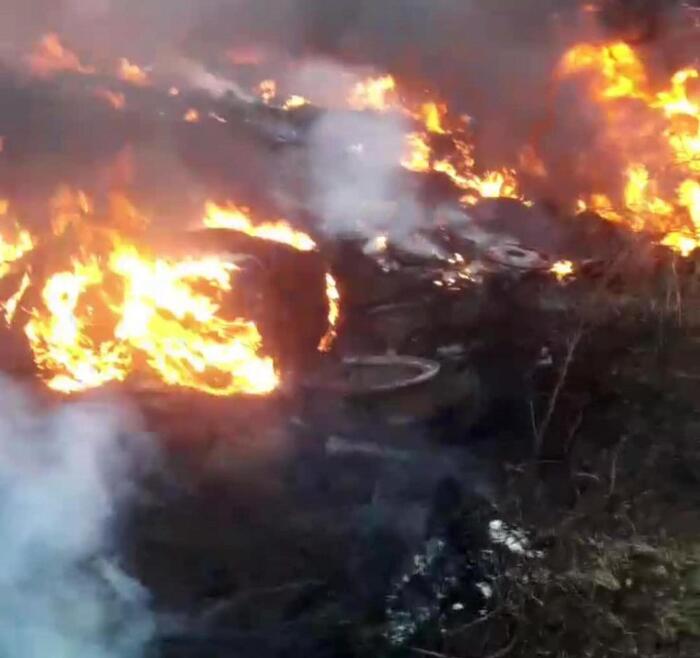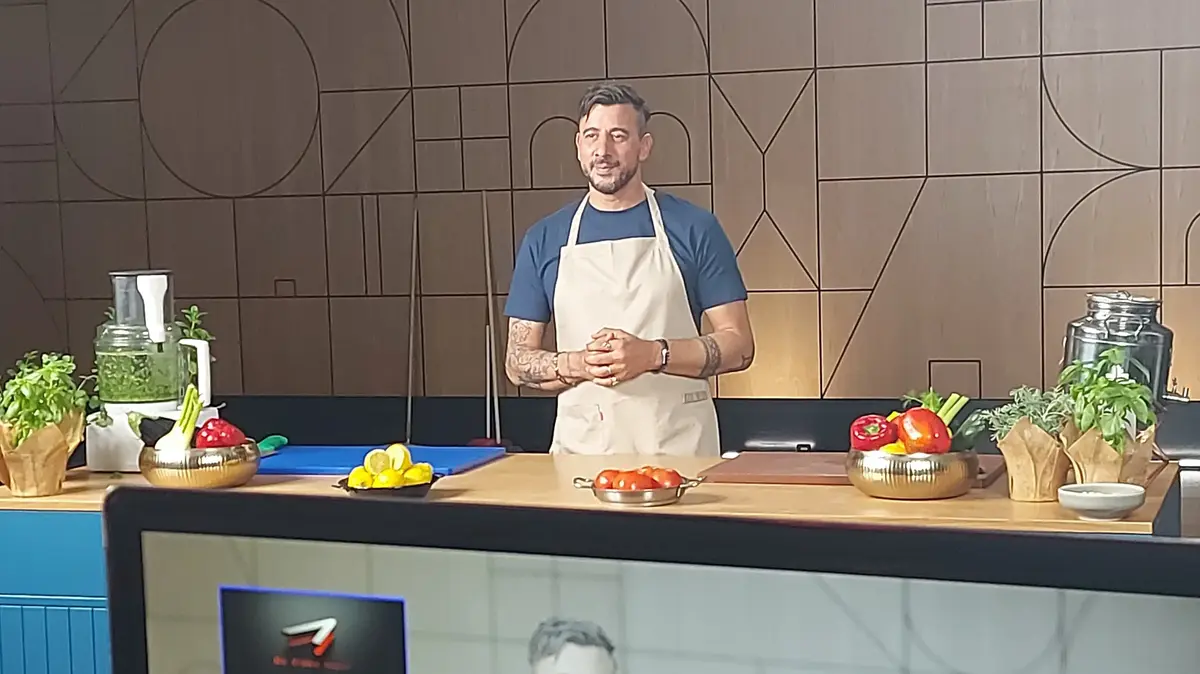Damascus-SANA
The axes of the workshop, which was held today by the Arab Center for Studies of Dry Areas and Dry Lands (ACSAD), focused on the fodder budget and the improvement of agricultural waste, at the center's headquarters in Damascus.
The workshop, which was attended by experts in the agricultural field from various Arab countries, including from Syria, came via video conference technology as part of ACSAD programs to raise the capabilities of technical cadres in the agricultural sector in the field of calculating feed budgets for each country separately and improving the nutritional value of agricultural waste.
In his speech, Dr. Nasr El-Din El-Obeid, ACSAD Director General, explained that the agricultural sector, both plant and animal, faces a set of challenges and difficulties, including climatic changes and natural disasters such as drought and fires, in addition to the direct impact of local and international crises on the stages of production and marketing, which exposes Arab food and water security to a real danger. .
Al-Obeid pointed out that the Arab countries’ imports of fodder have increased significantly, reaching about 36 million tons of feed materials, worth $8 billion annually, which constitutes a heavy economic burden on some countries, pointing out that there is a deficit in the production of fodder to meet the needs of livestock, due to the lack of strategies Specific fodder production and livestock development in most Arab countries, explaining that ACSAD studies emphasized the importance of developing fodder sources, especially non-traditional ones, to bridge this fodder gap.
According to Al-Obaid, the center conducted a comprehensive survey of feed resources in the Arab countries and carried out new studies during the current year related to evaluating feed sources, updating feed budgets and the current conditions of animal production, and providing modern information to stakeholders to set the necessary policies to achieve economic integration in solving this problem.
In the field of improving agricultural and industrial food waste and introducing these wastes into the feed mixtures and innovating the necessary machines and mechanisms among the slaves, the center established training programs and raised the capabilities of technical staff working in the field of livestock.
Al-Obaid stressed the need to provide the center with the required information included in the form sent to the concerned Arab countries to issue feed budgets for each country separately and to determine the resulting feed gap and ways to address it according to scientific and economic feasibility bases to reduce the import of feed and raw materials, preserve livestock and achieve self-sufficiency in Arab products.
The two-day workshop includes an explanation by ACSAD experts and researchers on how to collect data on feed balances and how to improve the nutritional value of these agricultural wastes and turn them into integrated feeds with the aim of reducing the feed gap in Arab countries, reducing the amount of imported fodder and reducing production costs.
Mehran Mualla
Follow Sana's news on Telegram https://t.me/SyrianArabNewsAgency















